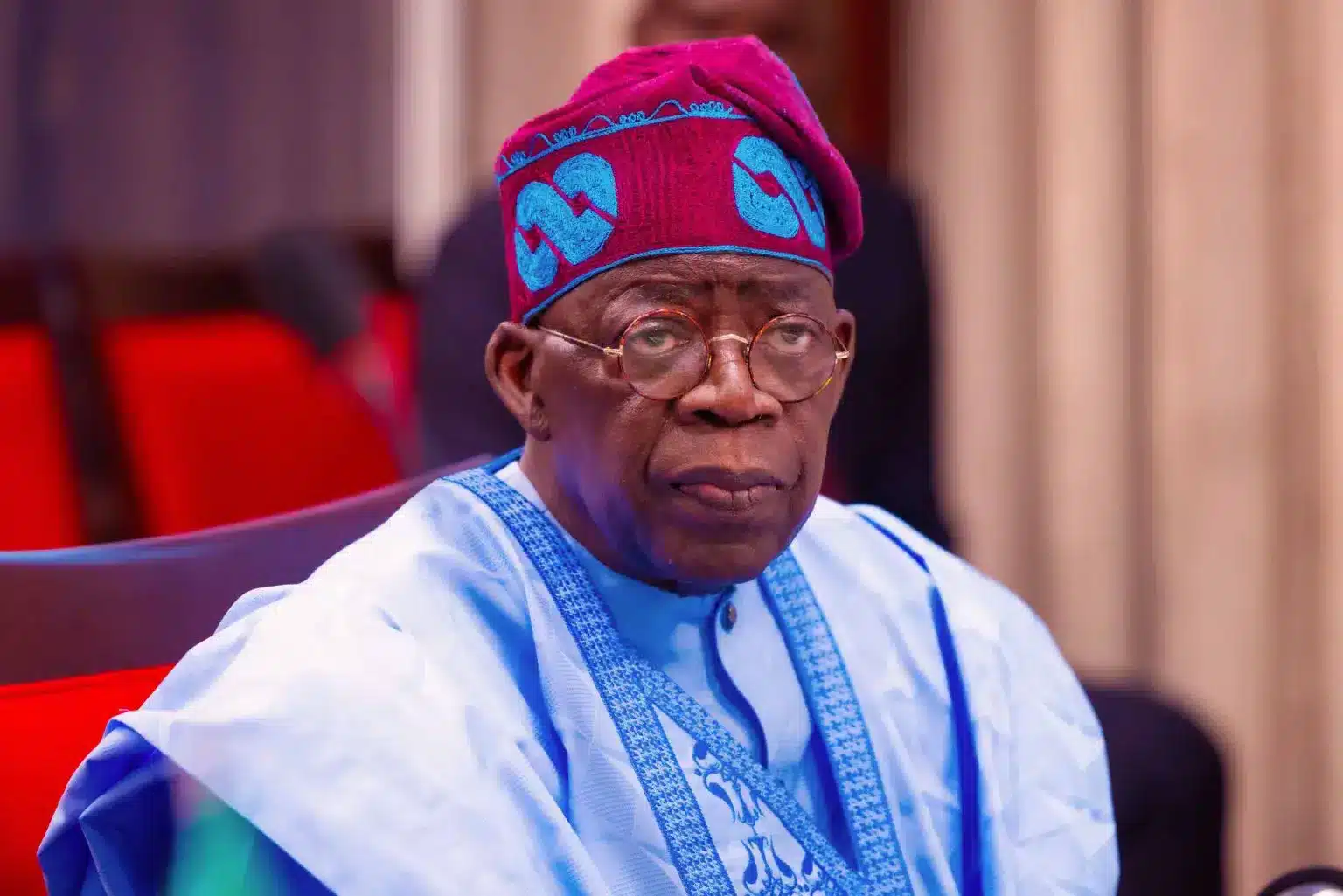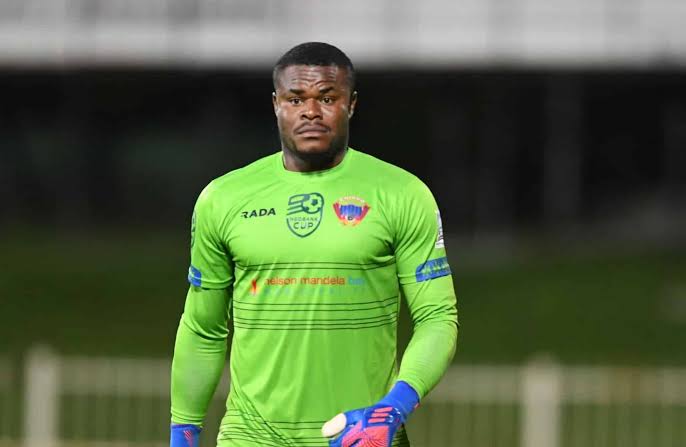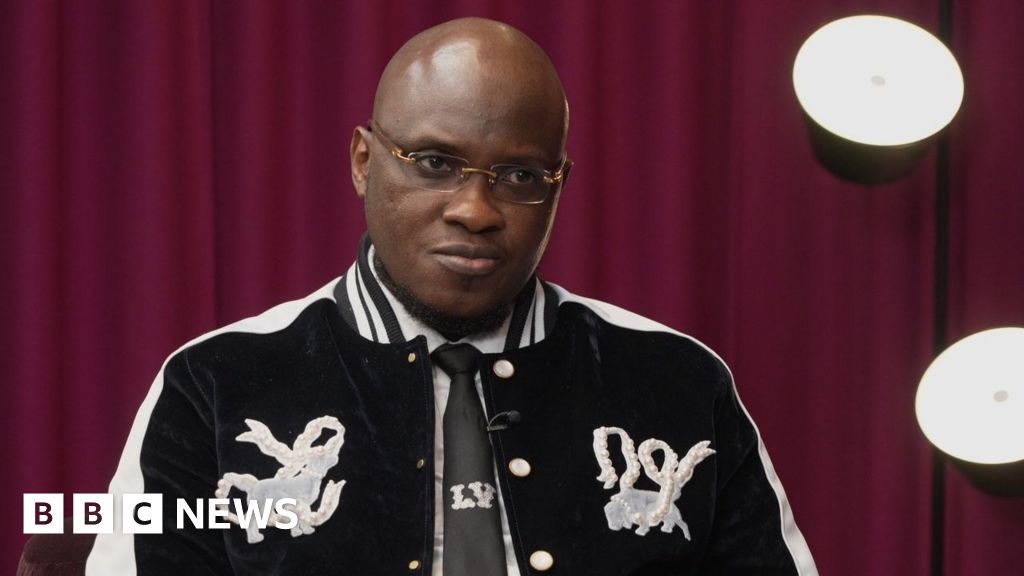South Korea’s political landscape took a dramatic turn as President Yoon Suk Yeol faced impeachment, marking a significant rebuke from his own ruling party.
The unprecedented move came after Yoon’s refusal to step down following his controversial decision to briefly impose martial law.
According to CNN, the parliamentary vote on Saturday saw 204 lawmakers support impeachment, with 85 opposing it.
The decision suspends Yoon’s powers as president until the Constitutional Court delivers a final verdict, mirroring a similar scenario that played out with a South Korean leader less than a decade ago.
The crisis reached its peak on December 3, when Yoon declared martial law and deployed soldiers to the National Assembly.
Lawmakers had to force their way past troops to access the chamber, where they swiftly nullified the president’s decree. This act of defiance sparked widespread public outrage and intensified calls for Yoon’s removal.
Initially, opposition parties had attempted to impeach him a week earlier, but the effort failed due to a boycott by members of Yoon’s ruling People Power Party.
Party leaders had expressed hope that the president would step down voluntarily.
Rather than resign, Yoon delivered a fiery address on Thursday, just days before the impeachment vote. In his speech, he defended his martial law decision, accused opposition leaders of sabotage, and insisted that his actions were aimed at safeguarding the nation.
Vowing to “fight until the last moment with the people,” Yoon’s defiance only deepened the rift within his party.
The tipping point came shortly before Yoon’s speech, when the leader of his own party reversed course and called for impeachment, urging lawmakers to “vote with their conscience” in order to “protect democracy.”
This shift in party loyalty was pivotal in swaying the outcome of the parliamentary vote.
As the vote approached, thousands of protesters gathered in Seoul despite the cold weather, demanding Yoon’s resignation.
Their chants for change echoed the broader public sentiment, further isolating the president from his political base.
Yoon’s impeachment is now in the hands of South Korea’s Constitutional Court, which will determine whether he is permanently removed from office.

 3 hours ago
1
3 hours ago
1















 English (US) ·
English (US) ·